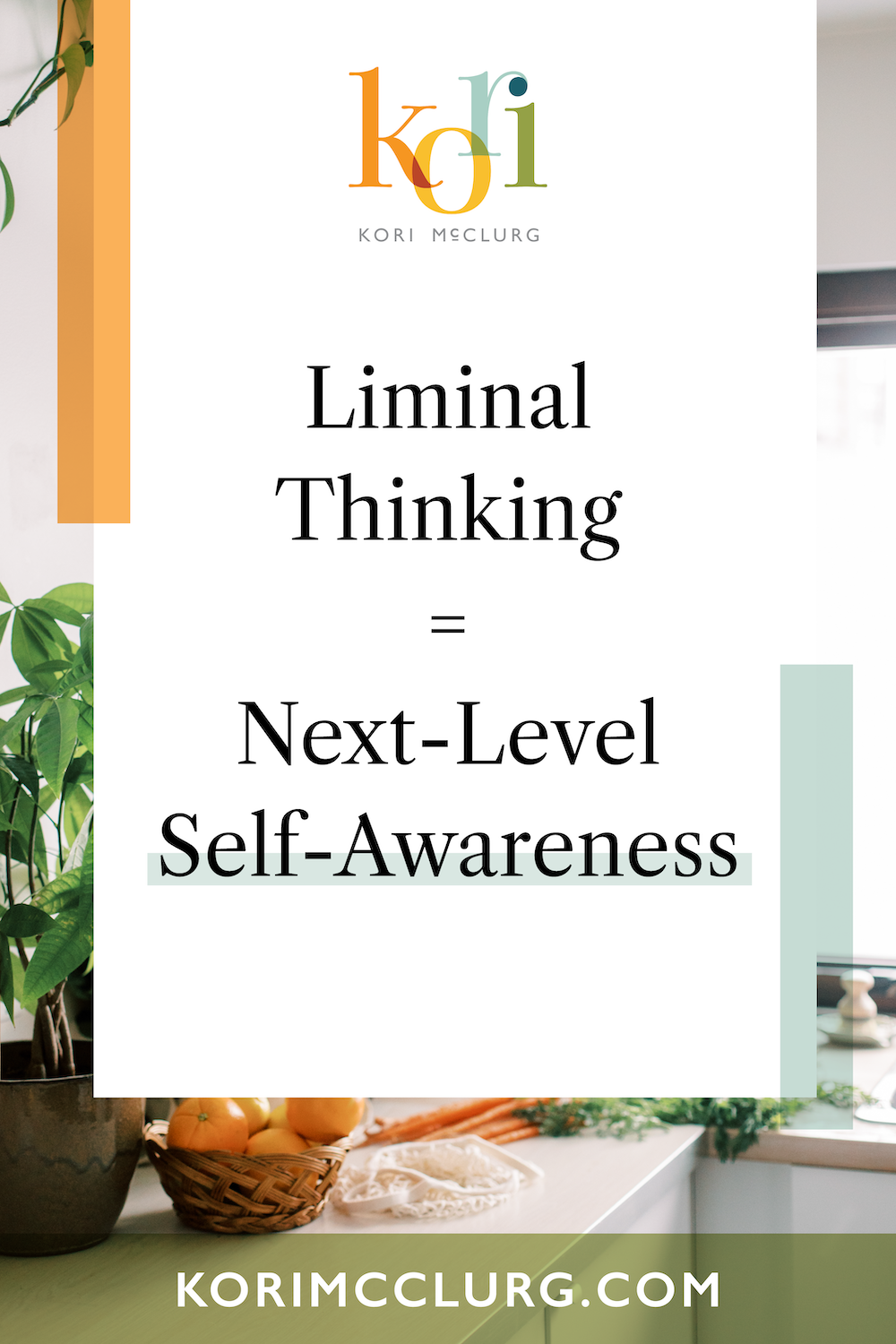Today, I want to dive into a fascinating concept, introduced by Dave Gray in his book, “Liminal Thinking”. This idea can profoundly impact our understanding of ourselves and the world around us.
To grasp liminal thinking, let’s start with a classic metaphor: the story of the blind men and the elephant. In this tale, several blind men each touch different parts of an elephant, leading them to completely different conclusions about what it is. One thinks it’s a snake because he touches the trunk, while another believes it’s a wall after feeling the elephant’s side. This illustrates how our perspectives can limit our understanding of reality.
In our daily lives, we might feel like we are experiencing reality as it is, but in truth, we are standing atop what Dave Gray calls a “pyramid of belief”. This pyramid consists of our experiences, beliefs, and the influence of those around us. We often fail to realize that our perceptions are filtered through this pyramid, shaping how we interpret the world.
Our brains are constantly bombarded with sensory information, processing everything from temperature to sounds. This overwhelming influx means we naturally filter out what we deem unimportant, focusing instead on what contributes to our survival. This automatic filtering creates our unique perspectives—our liminal thoughts.
For instance, consider a scenario that many can relate to: as a child, you might have picked up on subtle cues from your parents regarding their feelings about certain behaviors. If your mother disapproved of revealing clothing, you might unconsciously develop discomfort around wearing a bathing suit as an adult, even if you can’t pinpoint why.
Liminal thoughts can manifest in our behaviors and decisions without our conscious awareness. A common example is when we instinctively say, “I just don’t do that,” regarding a social event or activity, without examining why. This automatic rejection could stem from ingrained beliefs and experiences we haven’t consciously evaluated.
So, how do these thoughts hold us back? They can create habits that hinder our progress, especially when we’re unaware of the underlying beliefs driving our actions. Take alcohol consumption, for example. You might think, “I need a glass of wine to relax.” But is that belief truly serving you? Understanding that it’s a limiting thought can be the first step toward questioning its validity and exploring healthier alternatives.
Identifying liminal thoughts often requires self-reflection. You might consider questions like:
– What beliefs do I hold about certain behaviors, such as drinking or socializing?
– Are these beliefs based on my own experiences or those of others?
– How do these beliefs impact my daily life and choices?
Sometimes, it’s unnecessary to trace these thoughts back to their origins. What’s crucial is recognizing their presence and assessing their influence on your life. If they’re keeping you stuck, it’s time to challenge them.
Understanding liminal thinking opens the door to deeper self-awareness and personal growth. By questioning our ingrained beliefs and the assumptions that underlie them, we can start to dismantle the barriers preventing us from reaching our full potential.
So, as you reflect on your experiences, remember: the world is more than what you perceive through your pyramid of belief. By embracing the concept of liminal thinking, you can pave the way for a more authentic and fulfilling life. Let’s continue this journey together, uncovering the truths that help us get out of our own way.
Dave Gray’s video:
Hear more of my thoughts on liminal thinking on the episode of my Get Out of Your Own Way podcast below.
Save for later—Pin This Post!





November 3, 2024
All content ©Kori McClurg 2025
Branding & Site Design by Moriah Riona Branding
All content ©Kori McClurg 2025